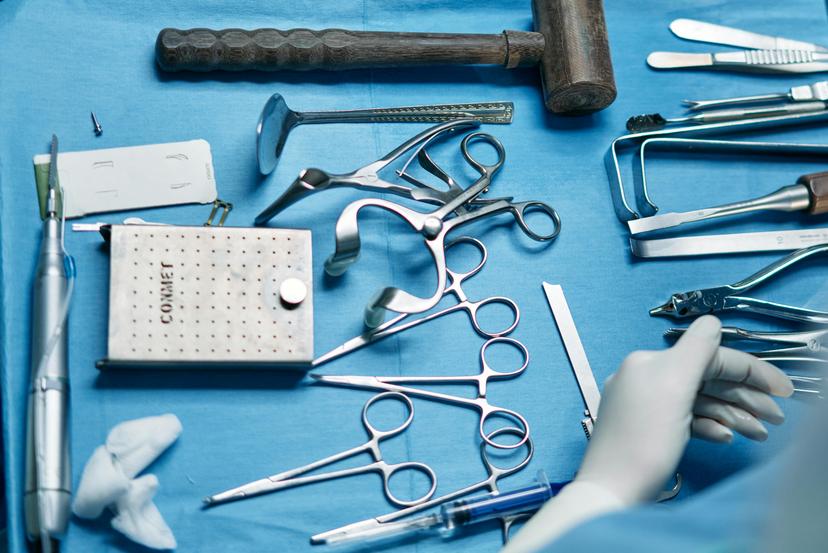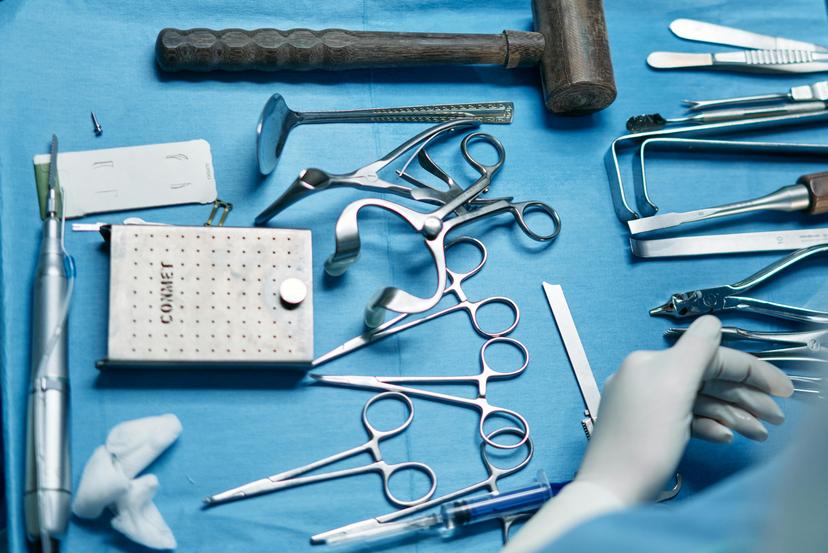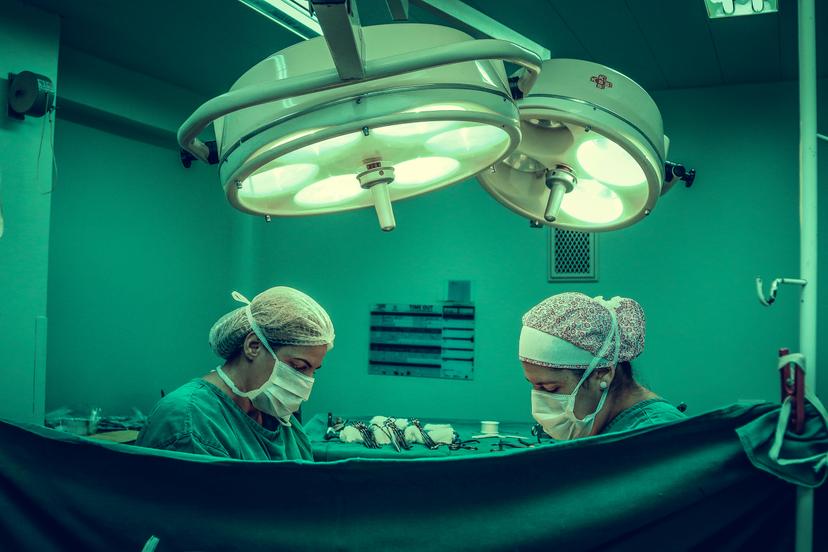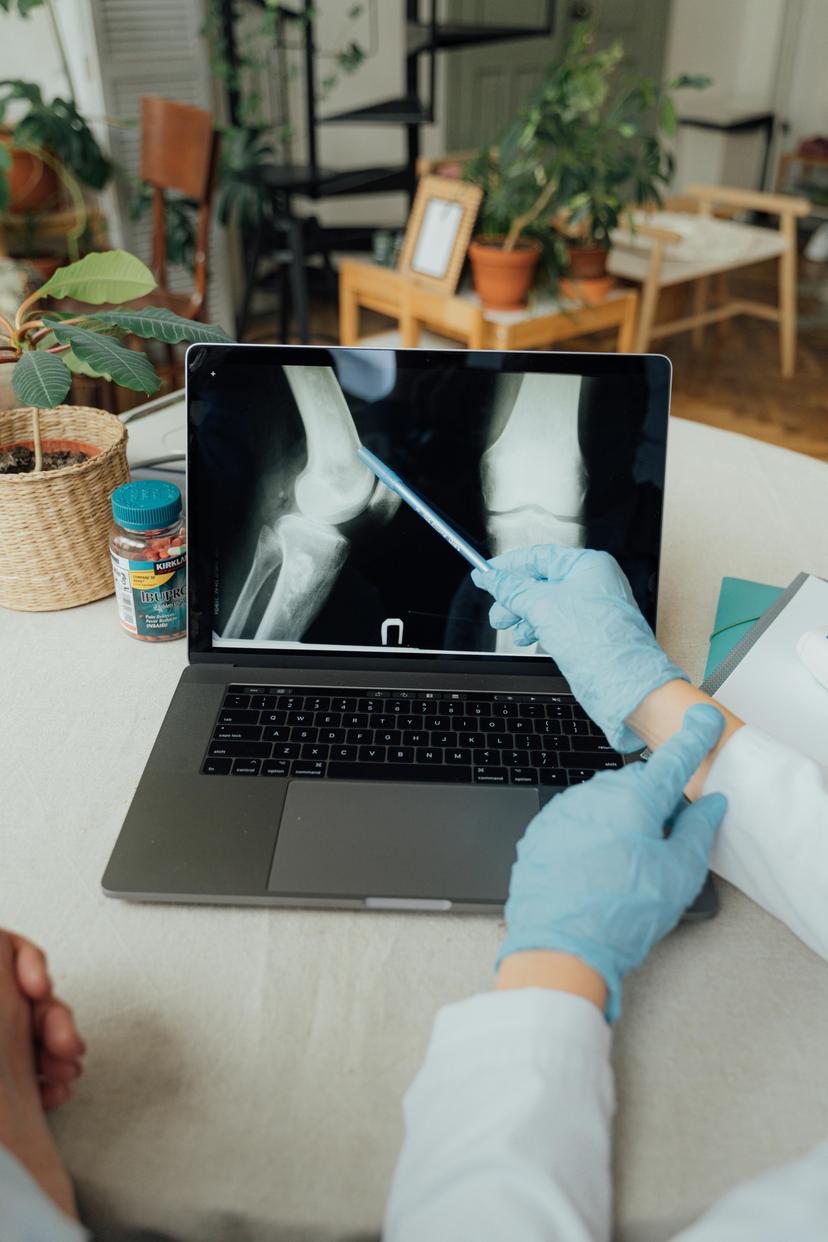
Appendix Surgery 101: What to Expect
26 Oct, 2024
 Healthtrip
HealthtripAre you preparing for appendix surgery? Whether it's an emergency procedure or a planned operation, it's natural to feel anxious about what to expect. The thought of undergoing surgery can be overwhelming, especially when it comes to a vital organ like the appendix. But don't worry, we've got you covered! In this comprehensive guide, we'll walk you through the entire process, from diagnosis to recovery, so you can feel more informed, prepared, and in control.
What is an Appendix Surgery?
An appendix surgery, also known as an appendectomy, is a surgical procedure to remove the appendix, a small, finger-like pouch attached to the large intestine. The appendix is a vestigial organ, meaning it has lost its original function, but it can still cause problems. In most cases, the surgery is performed to treat appendicitis, an inflammation of the appendix that can lead to severe abdominal pain, nausea, vomiting, and even life-threatening complications if left untreated.
Most popular procedures in India
Types of Appendix Surgery
There are two types of appendix surgery: open surgery and laparoscopic surgery. Open surgery, also known as traditional surgery, involves making a single, larger incision in the abdomen to access the appendix. Laparoscopic surgery, on the other hand, involves making several small incisions and using a laparoscope (a thin, lighted tube with a camera) to visualize the area. Laparoscopic surgery is less invasive and typically results in less pain, scarring, and recovery time.
Preparing for Surgery
Before the surgery, your healthcare team will provide instructions on how to prepare. This may include:
Wellness Treatments
Give yourself the time to relax
Lowest Prices Guaranteed!

Lowest Prices Guaranteed!
Fasting and Medication
Fasting: You'll be asked to stop eating and drinking at least 8 hours before the surgery. This is to reduce the risk of aspiration, a rare but serious complication that occurs when food or liquids enter the lungs during anesthesia.
Medication: Inform your doctor about all medications, vitamins, and supplements you're taking. Some medications may need to be stopped or adjusted before surgery.
Lab Tests and Imaging
Your doctor may order lab tests and imaging studies, such as a complete blood count (CBC), electrolyte panel, and CT scan, to rule out other conditions and confirm the diagnosis of appendicitis.
The Surgery
The surgery typically takes 30-60 minutes to perform. You'll be given general anesthesia to ensure you're comfortable and pain-free during the procedure. The surgeon will make the necessary incisions, locate the appendix, and remove it. If the appendix has ruptured, the surgeon may need to clean and drain the area to prevent infection.
What to Expect During Recovery
After the surgery, you'll be taken to the recovery room where you'll be monitored for several hours. You may feel groggy, sleepy, or nauseous due to the anesthesia. Your healthcare team will provide pain medication and fluids to help you recover comfortably.
Recovery and Follow-Up
The recovery process varies depending on the type of surgery and individual factors. Generally, you can expect:
Pain Management
You'll be given pain medication to manage any discomfort or pain. Follow the instructions carefully, and don't hesitate to ask for more medication if needed.
Diet and Activity
You'll need to follow a liquid diet for the first 24-48 hours, gradually transitioning to solid foods. Avoid heavy lifting, bending, or strenuous activities for 4-6 weeks.
Follow-Up Care
Schedule follow-up appointments with your doctor to ensure the incision is healing properly and to remove any stitches or staples.
HealthTrip: Your Partner in Recovery
At HealthTrip, we understand that undergoing surgery can be a daunting experience. That's why we're committed to providing you with personalized support and care throughout your recovery journey. Our team of experts will guide you every step of the way, ensuring you receive the best possible care and attention. With HealthTrip, you can focus on what matters most – your health and well-being.
Remember, appendix surgery is a common and generally safe procedure. By understanding what to expect, you can better prepare yourself and feel more in control. If you have any questions or concerns, don't hesitate to reach out to your healthcare team or HealthTrip. We're here to help you every step of the way.
Related Blogs

Laparoscopic Thyroidectomy: A Safe and Effective Treatment for Thyroid Disorders
Explore the benefits of laparoscopic thyroidectomy, a minimally invasive surgical

Laparoscopic Pancreatectomy: A Minimally Invasive Treatment for Pancreatic Disorders
Learn about the benefits of laparoscopic pancreatectomy, a minimally invasive

Laparoscopic Liver Resection: A Minimally Invasive Approach to Liver Cancer Treatment
Discover the benefits of laparoscopic liver resection, a minimally invasive

Laparoscopic Splenectomy: A Safe and Effective Treatment for Spleen Disorders
Explore the benefits of laparoscopic splenectomy, a minimally invasive surgical

Laparoscopic Adrenalectomy: A Minimally Invasive Treatment for Adrenal Gland Disorders
Learn about the benefits of laparoscopic adrenalectomy, a minimally invasive

Laparoscopic Colorectal Surgery: A Minimally Invasive Approach
Discover the benefits of laparoscopic colorectal surgery, a minimally invasive










